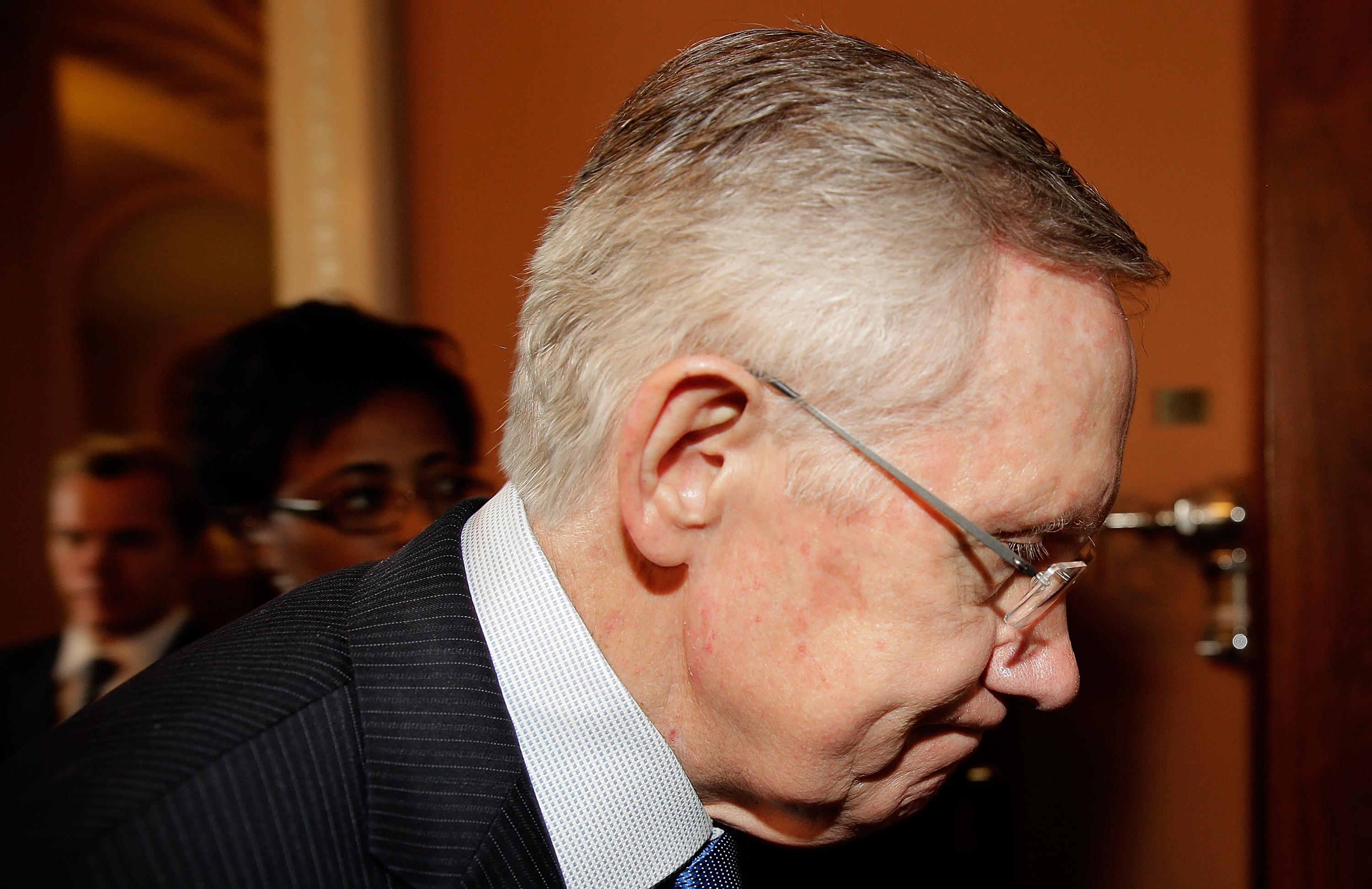Once upon a time, the American founding fathers needed to decide whether incorporating the will of the masses into their fledging government was a good idea. Looking to classical Greece and to Enlightenment philosophers, they decided it was. Still, all those lowly passions needed to be tempered by the wisdom of an elite few—what if people got to the capitol and just wanted to debate the rules of horseshoe all day?—so they opted for a representative democracy: Elections would allow the best and the brightest citizens to emerge. These great Americans—landowning gentlemen, ideally—would then go to Washington, DC, where they would exercise their superior, leisure-honed intellects on behalf of less able constituents.
Two and a half centuries later, this is working out really well for us. Our genius congressmen are tirelessly promoting the common good. A golden age of peace and unity is nigh. To spend three seconds reading about what’s happening/not happening these days in our nation’s capital is to be convinced: Elected politicians absolutely care about how their actions affect everyone else.
Wait.
A provocative New York Times article this weekend investigates the theory that social power and empathy are inversely related. More and more studies are showing that powerful people pay less attention to others, especially those whom they perceive to have less status than they do. In one experiment, writer Daniel Goleman reports, strangers in a five-minute get-acquainted session showed “fewer signals of paying attention, like nodding or laughing” when they were paired with people from a lower class. These top dogs were also more likely to hijack the conversation, gaze off into space, and interrupt their partners.
Simply paying attention, Goleman goes on to explain, is a “prerequisite to empathy.” If you don’t listen to the cab driver telling you his story of lost revenue due to the government shutdown, you probably can’t bring yourself to care. And in fact, a 2008 study determined that high power people express less overall compassion for others’ suffering, especially when the sad tales (of divorce, say, or a family member’s death) are relayed by the less influential.
On its face, the notion that “rich people just care less” seems all wrong. These folks should be enriched and broadened by their education, mellowed by the sunshine of the good life. They should be the “fit characters” envisioned by the founding fathers—perched sagely at the pinnacle of Maslow’s hierarchy of needs; indebted to the world; eager to give back.
The problem, Goleman says, is that interpersonal relationships mean something different to Mitt Romney and Al Gore than they do to Oliver Twist. Gore and Romney don’t need to rely on a friendly stranger to show them how to work the washing machine. But for Twist, every human being is valuable for the potential kindnesses he or she might show him, kindnesses that could substantially improve his life. So he pays more attention to other people. That attention, in turn, is likely to engender empathy.
So is this a fatal flaw in republican democracy? That those uplifted by status and power—in Hamilton’s words, “elevated from the mass of community by the suffrages of their fellow-citizens to stations of great pre-eminence”—lose the ability to stand in the shoes of the less fortunate? Hamilton recommended that we work around power’s corrupting influence by only electing men with “minds actuated by superior virtue,” which, well, yeah, that sounds great Alexander. Easy fix.
